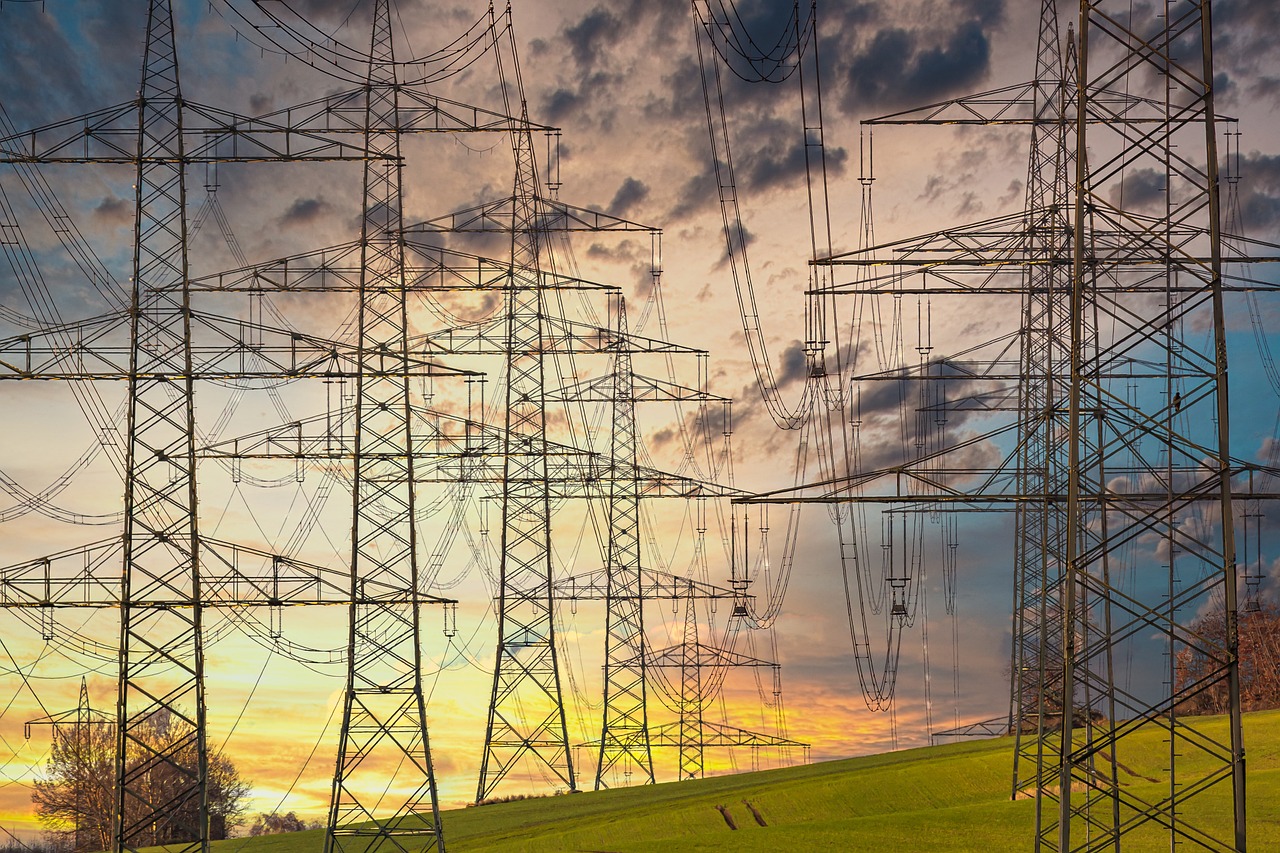-
Mar, 26 2024
-
Apr, 15 2024
-
Jan, 04 2024
-
Mar, 05 2024
-
Mar, 22 2024

The energy sector, characterized by its long-term, capital-intensive nature and susceptibility to various external factors, often finds itself entangled in disputes. Arbitration has emerged as the preferred method for resolving these conflicts, offering a flexible and efficient alternative to traditional litigation. This article sheds light on common energy disputes that are aptly suited to arbitration, highlighting the versatile role of arbitration in navigating the complexities inherent in the sector.
Joint Venture (JV) and Joint Venture Operating Agreement (JOA) Disputes:
In the energy industry, multi-contract transactions, particularly Joint Ventures (JVs) and Joint Venture Operating Agreements (JOAs), are commonplace. JVs serve as effective tools for risk allocation, capital enhancement, and expertise sharing in the development of energy projects. Disputes arising from these agreements often revolve around the standard of care owed by operator and non-operator participants. "Deadlocks" in 50:50 joint ventures and failures to meet financial obligations can trigger disputes that are effectively resolved through arbitration.
Gas Price Review Disputes:
Gas price review disputes present a unique challenge in arbitration. Unlike typical commercial arbitration where liability and compensation are the focal points, gas price review disputes require arbitrators to determine whether the conditions for a price adjustment have been met. These cases demand a nuanced understanding of the gas market, often involving expert evidence. The arbitral tribunal must navigate the intricacies of the industry to render a fair and informed decision.
Engineering & Construction Disputes:
The construction of energy infrastructure, whether involving private entities or State entities, can lead to disputes. These disputes may range from purely commercial matters to issues related to defective items and project delays. Arbitrators in these cases frequently grapple with technical complexities, assessing the adherence to contractual obligations and addressing challenges specific to the energy sector's construction projects.
State Measures-Related Disputes:
Given the historical involvement of States in the energy sector, disputes often arise concerning the regulation of rates, service conditions, and State interference in energy projects. Arbitration becomes a crucial mechanism to address claims of indirect expropriation, protecting the interests of private entities and ensuring a fair resolution that balances the rights of both State and private parties.
International Boundary Disputes between States:
Sovereign States engaged in disputes related to oil and gas fields in maritime waters or access to resources in oceanic areas often turn to arbitration. These disputes, with their intricate geopolitical dimensions, center around the determination of maritime borders and zones of exploration. Arbitration provides a neutral platform for States to resolve complex territorial disputes related to valuable energy resources.
Disputes with Third Parties:
Beyond conflicts between major stakeholders, disputes with third parties, such as service providers, suppliers, and subcontractors in Joint Venture agreements, are not uncommon. Arbitration serves as a reliable mechanism to resolve these disputes, ensuring a fair and impartial resolution that considers the contractual relationships and obligations of all involved parties.
Conclusion
In conclusion, arbitration plays a pivotal role in resolving a myriad of energy disputes, offering a flexible and tailored approach to the sector's unique challenges. By examining these common scenarios, it becomes evident that arbitration not only addresses legal intricacies but also accommodates the technical and geopolitical complexities inherent in the energy industry. As the energy sector continues to evolve, the role of arbitration in resolving disputes will likely remain indispensable, providing a reliable means to maintain the delicate balance between public and private interests.
